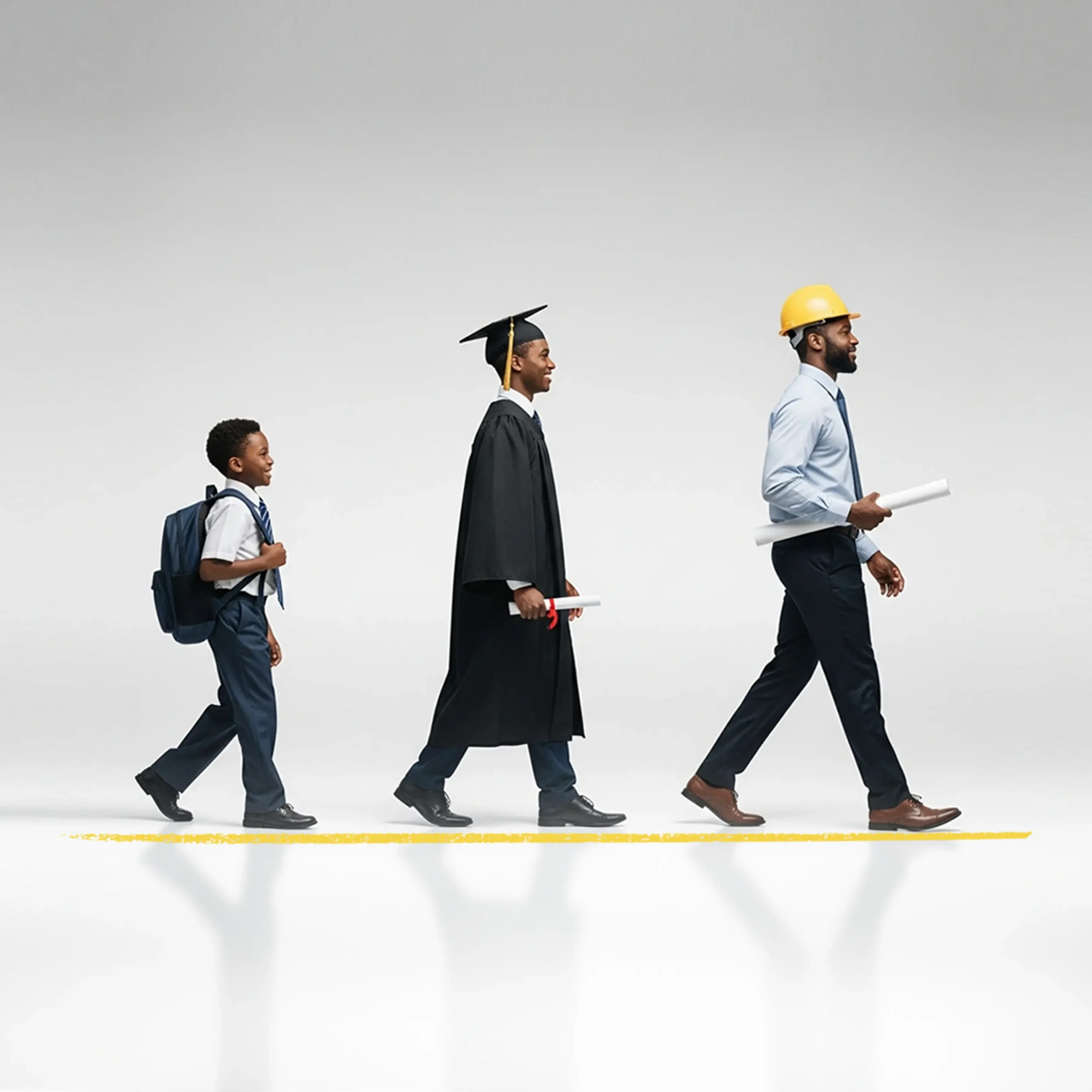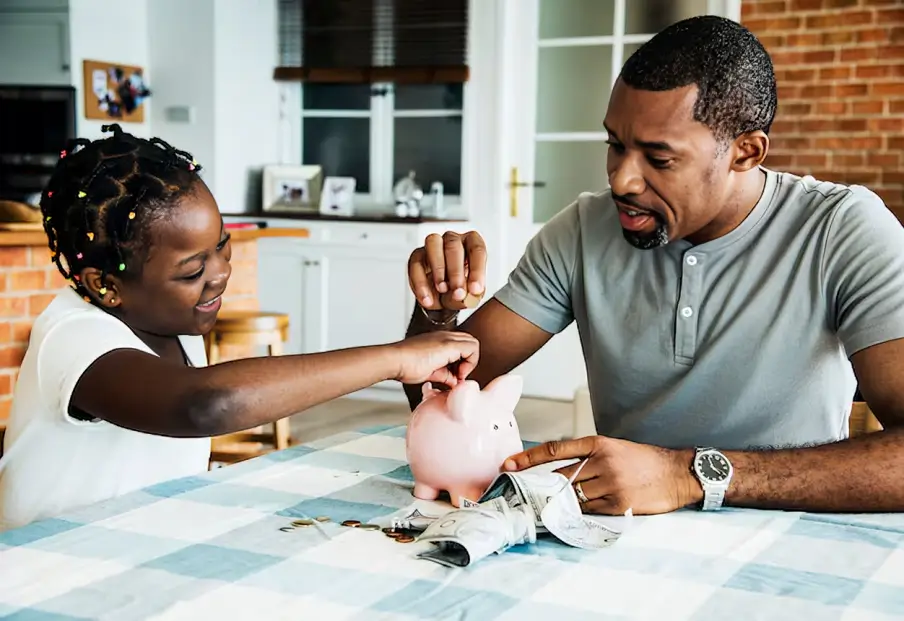We live in an age where everything is personalised from what we eat to what we watch yet when it comes to raising children, many parents still follow a one-size-fits-all script.
But the truth is every child is a project of potential. And potential only thrives when it’s guided intentionally.
Parenting today comes with more options, opinions, and opportunities than ever before. From education choices to extracurricular activities, exposure trips, and digital learning tools — parents are surrounded by possibilities. But possibilities without structure can quickly become noise.
The challenge is not how much we give our children, but how intentionally we guide them through what they’re given. Because at some point, every child must make decisions about who they are, what they value, and how they’ll navigate the world — and those decisions are shaped by the clarity (or confusion) we help them build early.
Why Structure Matters in a Child’s Journey
By the age of five, most children are already forming a sense of identity, discovering how they learn, what excites them, and how they respond to guidance. These early years are the most formative, not only for their emotional intelligence but for their long-term ability to make sense of their place in the world.
Yet many parents, even with the best intentions, end up raising reactively, responding to what’s trending or what worked for others, rather than building a framework that reflects their child’s unique personality and their family’s long-term values.
A structured roadmap gives parents perspective. It helps align short-term decisions (like what school to choose or what programs to fund) with a long-term vision of who the child is becoming. It shifts parenting from “figuring it out as we go” to “raising with clarity and continuity.”
Every Child Needs a Personalised Framework
Just as no two children learn or grow the same way, no two family environments are identical. What works for one household may not fit another and that’s perfectly okay. What matters is that every child grows within a structure that helps them:
- Understand themselves early – recognising their strengths, motivations, and natural inclinations.
- Build confidence through intentional exposure – to people, ideas, and opportunities that stretch their worldview.
- Stay grounded in their family’s values – even as they develop independence and global awareness.
When children are guided this way, they grow up not just academically prepared, but emotionally aware and value-aligned. They know who they are, what matters, and how to make decisions that honour both their individuality and their upbringing.
What a Child’s Roadmap Can Look Like
A roadmap shouldn’t be a rigid checklist, it’s a living guide that evolves with your child. It gives shape to the values you want to pass on, and structure to the opportunities you want to create.
Here’s what that might look like in practice:
- Ages 5–8: You start by observing your child’s natural interests — music, problem-solving, art, or sports and then document these patterns. You create early exposure moments, like visiting a museum, enrolling in a simple coding camp, or introducing journaling to help them express thoughts.
- Ages 9–12: Their roadmap might now include mentorship including pairing them with a family friend in a field they’re curious about, introducing goal-setting or family vision boards, and beginning light financial literacy through allowance tracking or community projects.
- Ages 13–16: The roadmap expands. You align school choices or extracurriculars with long-term skills, plan travel experiences that build independence, and open conversations about values, purpose, and responsibility.
- Ages 17–21: The roadmap begins to connect them to your family’s story — inviting them into family discussions, legacy projects, or even exposure to your business or professional networks. They learn how your family makes decisions, and how their voice fits into that process.
Through every stage, the roadmap offers one thing no school curriculum can: intentional direction.
It helps parents replace assumptions with awareness of raising children who are not only prepared for success but anchored in identity.
FutureProof: Turning Intention into Structure
At The Legacy Haus, we created FutureProof to help parents do exactly this — to design and implement tailored roadmaps that grow with their children.
FutureProof is a child-focused development framework that supports parents in shaping their children’s path from as early as age five. It helps families document milestones, define values, map exposure goals, and integrate mentorship and structure so that each child grows with clarity, not comparison.
Beyond design, we work closely with parents to bring the roadmap to life — providing advisory and structure every step of the way. From connecting families to the right mentoring pool, schools, coaches, and camps, to curating exposure experiences that align with each child’s individuality and values, we help parents turn intention into action.
Because when we raise with intention, we prepare our children for tomorrow and we help them shape it.
Start Designing Your Child’s Future, Intentionally
If you’ve ever wondered whether your child’s journey reflects who they truly are not just what the world expects of them it may be time to design their roadmap.
Explore FutureProof by The Legacy Haus — a structured way to raise with purpose and clarity.




